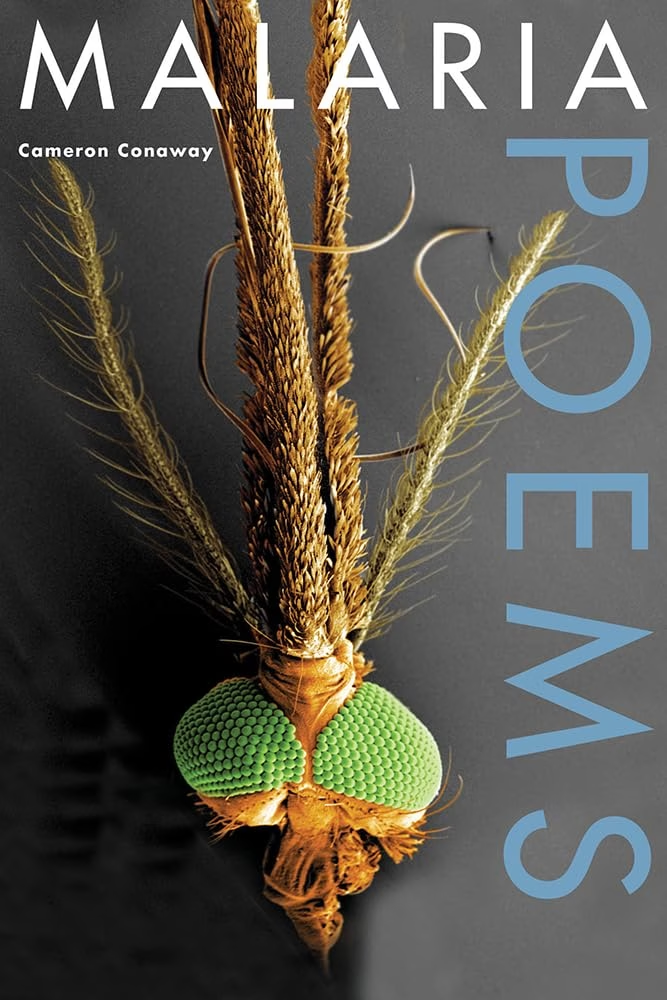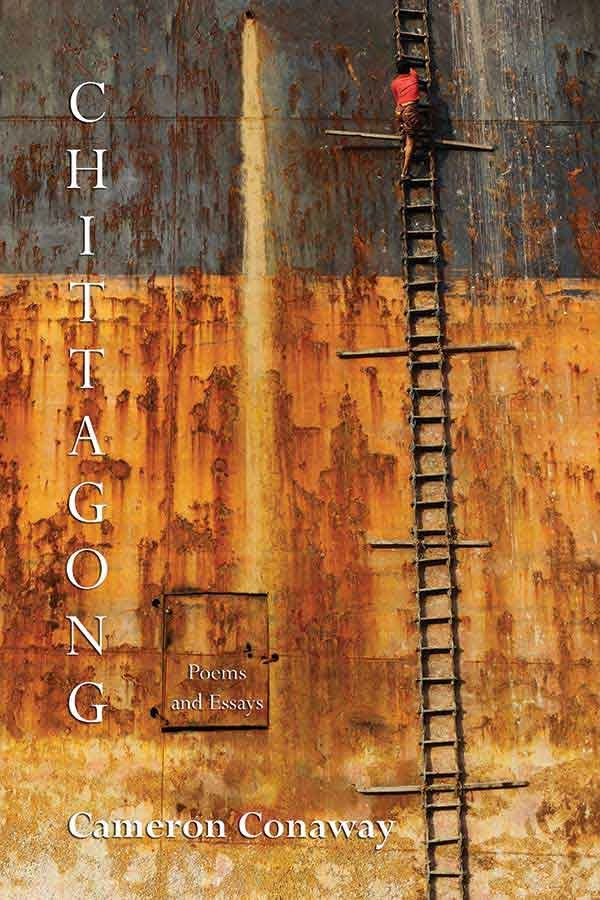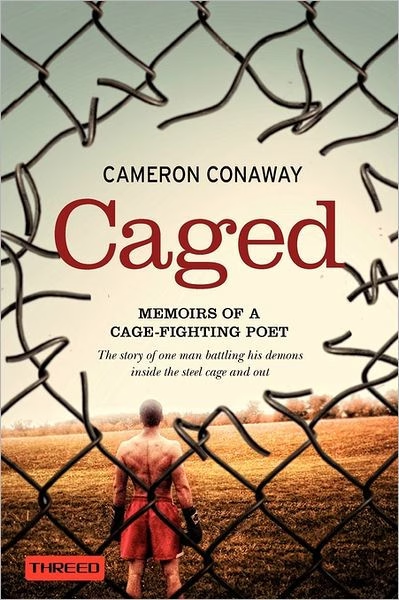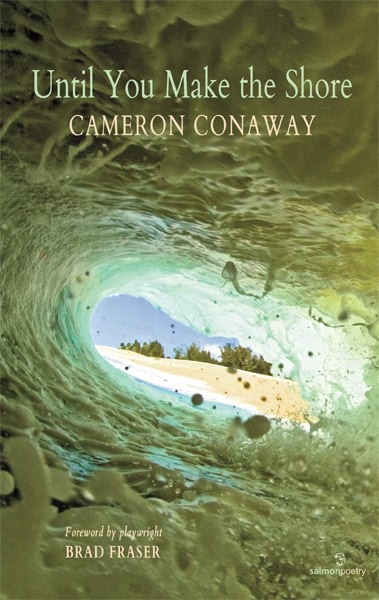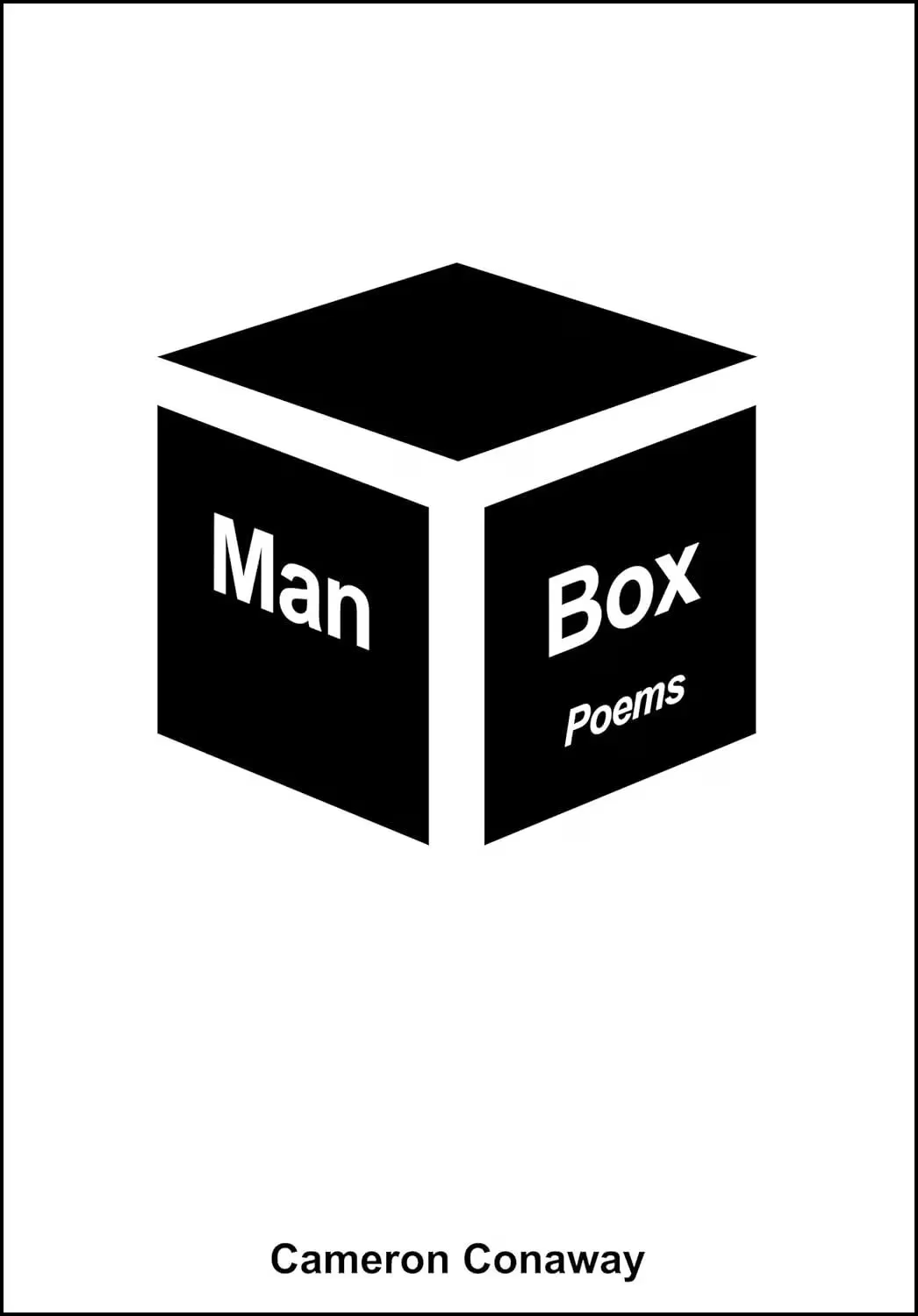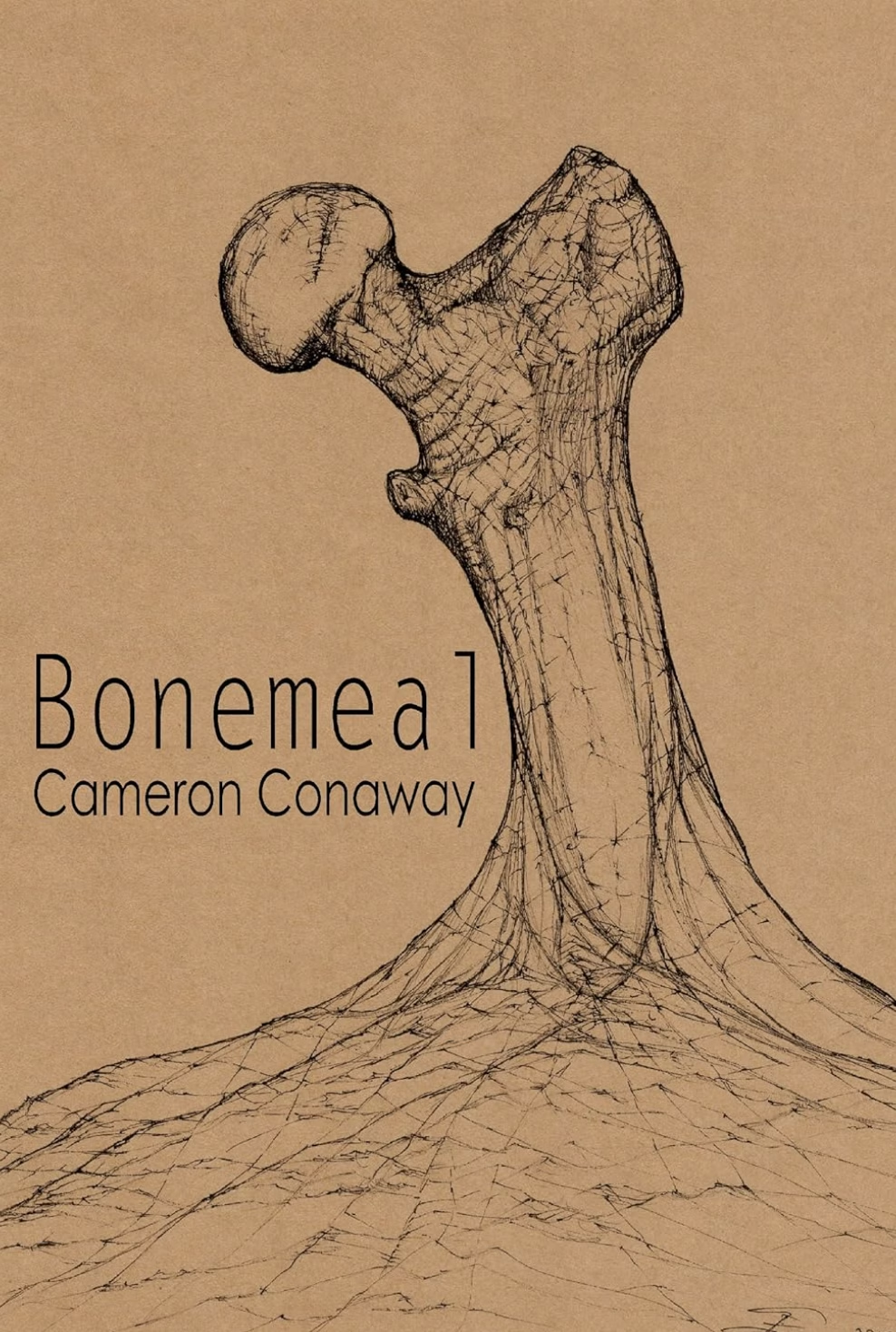Feedback-Led Innovation.
How the world’s most effective organizations use feedback to gain insight and turn it into value.
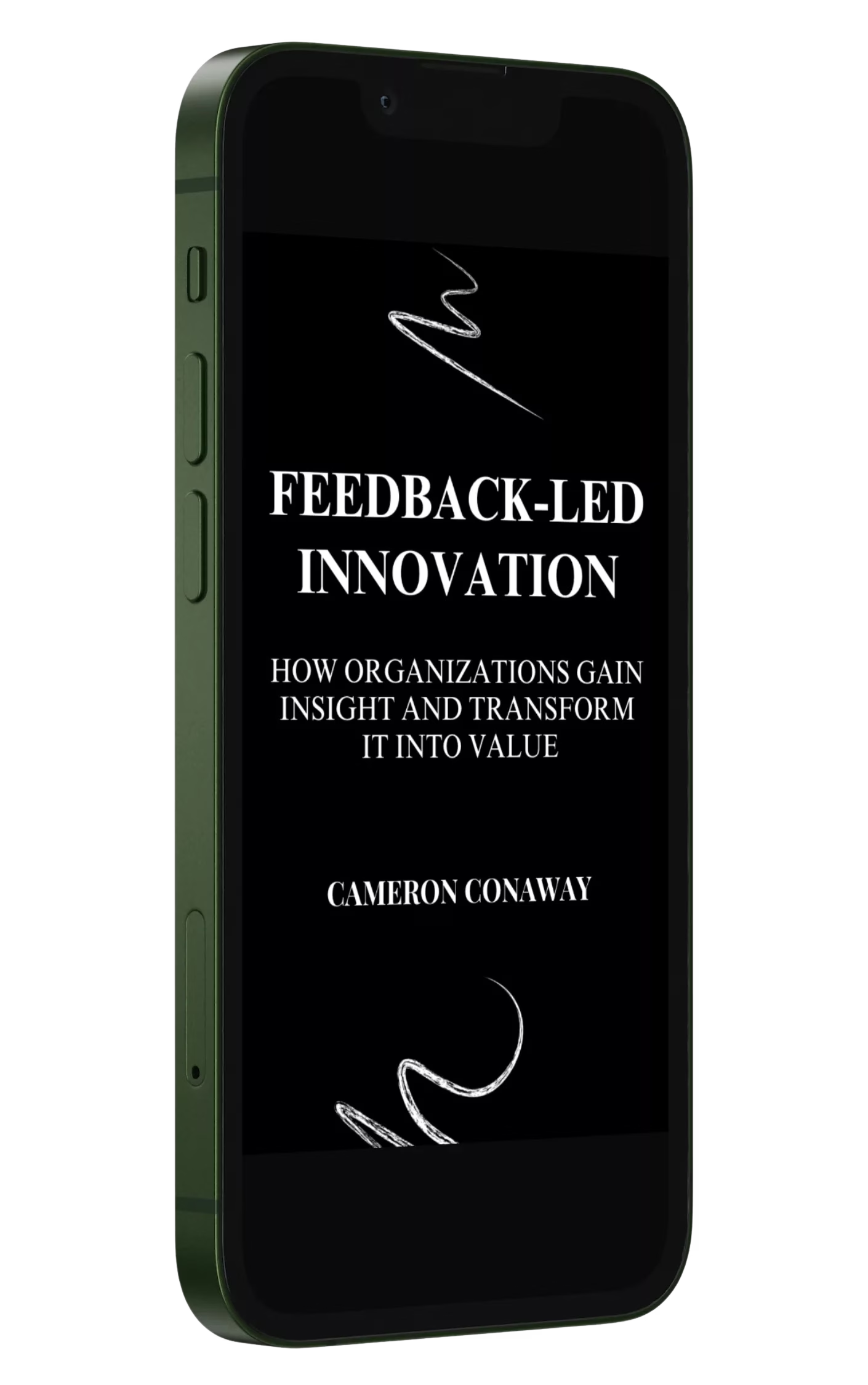
Malaria, Poems
Chittagong
Chittagong is a book of poems and essays that focuses on the shipbreaking industry in Chittagong, Bangladesh. Shipbreaking is the dismantling of decommissioned ships, and the industry is known for its pollution and child labor violations. Chittagong pushes genre boundaries as it explores the “whirling and whirring dust of togetherness” in Bangladesh’s second largest city.
Caged: Memoirs of a Cage-Fighting Poet
Until You Make the Shore
Man Box
Bonemeal
Select Journalism
In addition to these books, here’s a small sample of Cameron’s journalism which has been supported by organizations such as the Pulitzer Center on Crisis Reporting and the Daniel Pearl Investigative Journalism Fellowship from Moment Magazine.

The Ganges River Crisis
“No river is as cared for and in need of caring. No river’s mythology is as intertwined into its hydrology. No river is as preserved by old stories and as desperate for new stories. The Ganges is often talked about in the context of its juxtapositions—of deification and defecation, of the solemn and the fantastic, of prayers and pathogens—and since time immemorial it has held these as well as it holds scenic row boats at dawn. But the Ganges is suffering perhaps more than ever. Long considered one of the world’s most polluted waterways, many reports indicate that the situation is getting worse. Can it be rejuvenated in ways that at once heal the environment, maintain cultural traditions and support the millions of people who are linked to and reliant upon it for life?”
Read at Newsweek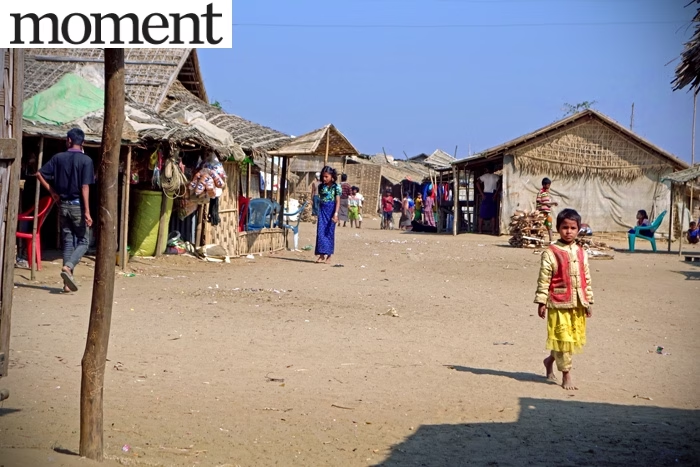
Shadows in the Golden Land
“For more than four years, Azid and his wife, children and grandchildren have been imprisoned in a government-designated, internally displaced persons camp on the outskirts of the Rakhine State capital of Sittwe in western Myanmar. They have not committed a crime, but they are not allowed to leave. Ohn Taw Gyi South, located along the Bay of Bengal, is one of at least 80 such camps across the state, which together hold about 140,000 people. Labeled concentration camps by groups and individuals ranging from the United States Holocaust Memorial Museum to The New York Times to Nobel Peace Prize winner Archbishop Desmond Tutu, they are jammed with Muslims: former students, shop owners and employees, mechanics, fishermen, caretakers, teachers, food vendors—and thousands and thousands of children.”
Read at Moment MagazineWhat Story Are You Living Right Now?
Tap 6 qualities to fill the pages“Reading the stories of others can strike sparks that help us live our own.”
